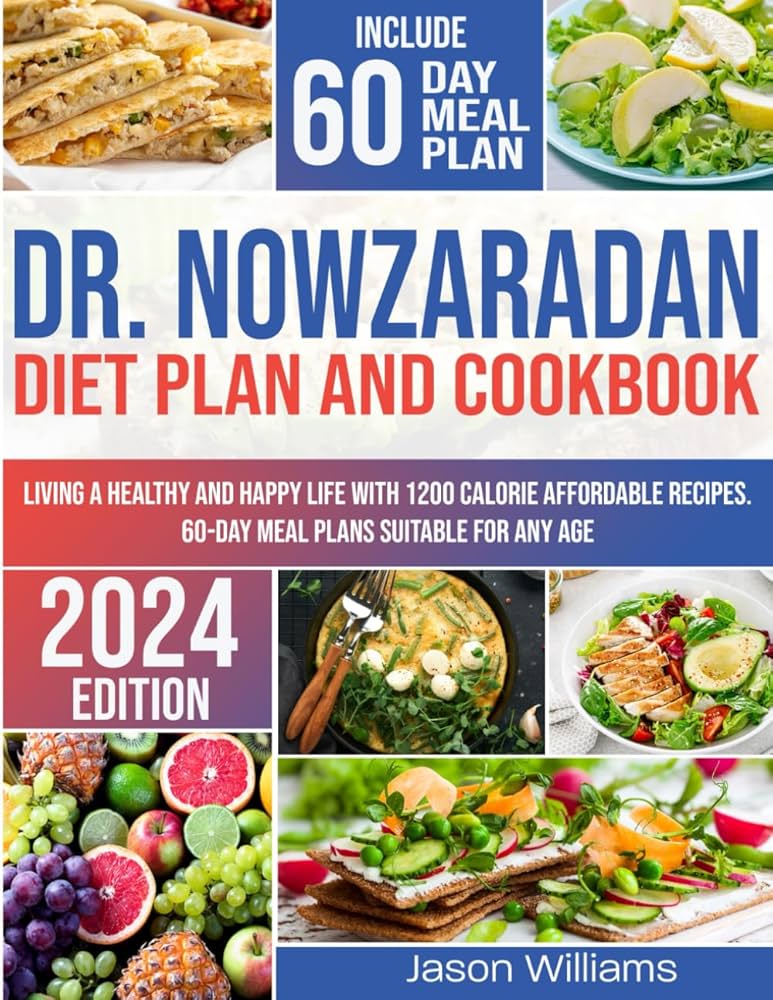
Apply Now
has become a favorite beverage among many tea enthusiasts, and its popularity continues to grow. Whether you enjoy it hot or iced,  there are countless recipes and variations to explore, making it easy to customize this warming drink to suit any palate. In this article, we'll dive into the art of making cinnamon tea, exploring the various ways to brew this delightful beverage while focusing on its remarkable health benefits.
The benefits of cinnamon tea are numerous, ranging from digestive support to its reputation as a soothing herbal remedy. This article will guide you through the essential ingredients for cinnamon tea, offer easy cinnamon tea recipes, and provide tips for both novices and seasoned tea lovers. By the end, you’ll be able to brew perfect cinnamon tea while understanding its full flavor profile and health advantages.
Prepare to discover delicious recipes tailored to your taste—whether you're looking for a spicy cinnamon chai tea, a comforting hot version, or refreshing iced variants, we’ve got you covered! Let’s move forward into the world of cinnamon tea, where each cup has the potential to enhance your health and elevate your mood.
there are countless recipes and variations to explore, making it easy to customize this warming drink to suit any palate. In this article, we'll dive into the art of making cinnamon tea, exploring the various ways to brew this delightful beverage while focusing on its remarkable health benefits.
The benefits of cinnamon tea are numerous, ranging from digestive support to its reputation as a soothing herbal remedy. This article will guide you through the essential ingredients for cinnamon tea, offer easy cinnamon tea recipes, and provide tips for both novices and seasoned tea lovers. By the end, you’ll be able to brew perfect cinnamon tea while understanding its full flavor profile and health advantages.
Prepare to discover delicious recipes tailored to your taste—whether you're looking for a spicy cinnamon chai tea, a comforting hot version, or refreshing iced variants, we’ve got you covered! Let’s move forward into the world of cinnamon tea, where each cup has the potential to enhance your health and elevate your mood.
Effective Ways to Make Cinnamon Tea in 2025: Discover Delicious Recipes
 there are countless recipes and variations to explore, making it easy to customize this warming drink to suit any palate. In this article, we'll dive into the art of making cinnamon tea, exploring the various ways to brew this delightful beverage while focusing on its remarkable health benefits.
The benefits of cinnamon tea are numerous, ranging from digestive support to its reputation as a soothing herbal remedy. This article will guide you through the essential ingredients for cinnamon tea, offer easy cinnamon tea recipes, and provide tips for both novices and seasoned tea lovers. By the end, you’ll be able to brew perfect cinnamon tea while understanding its full flavor profile and health advantages.
Prepare to discover delicious recipes tailored to your taste—whether you're looking for a spicy cinnamon chai tea, a comforting hot version, or refreshing iced variants, we’ve got you covered! Let’s move forward into the world of cinnamon tea, where each cup has the potential to enhance your health and elevate your mood.
there are countless recipes and variations to explore, making it easy to customize this warming drink to suit any palate. In this article, we'll dive into the art of making cinnamon tea, exploring the various ways to brew this delightful beverage while focusing on its remarkable health benefits.
The benefits of cinnamon tea are numerous, ranging from digestive support to its reputation as a soothing herbal remedy. This article will guide you through the essential ingredients for cinnamon tea, offer easy cinnamon tea recipes, and provide tips for both novices and seasoned tea lovers. By the end, you’ll be able to brew perfect cinnamon tea while understanding its full flavor profile and health advantages.
Prepare to discover delicious recipes tailored to your taste—whether you're looking for a spicy cinnamon chai tea, a comforting hot version, or refreshing iced variants, we’ve got you covered! Let’s move forward into the world of cinnamon tea, where each cup has the potential to enhance your health and elevate your mood.